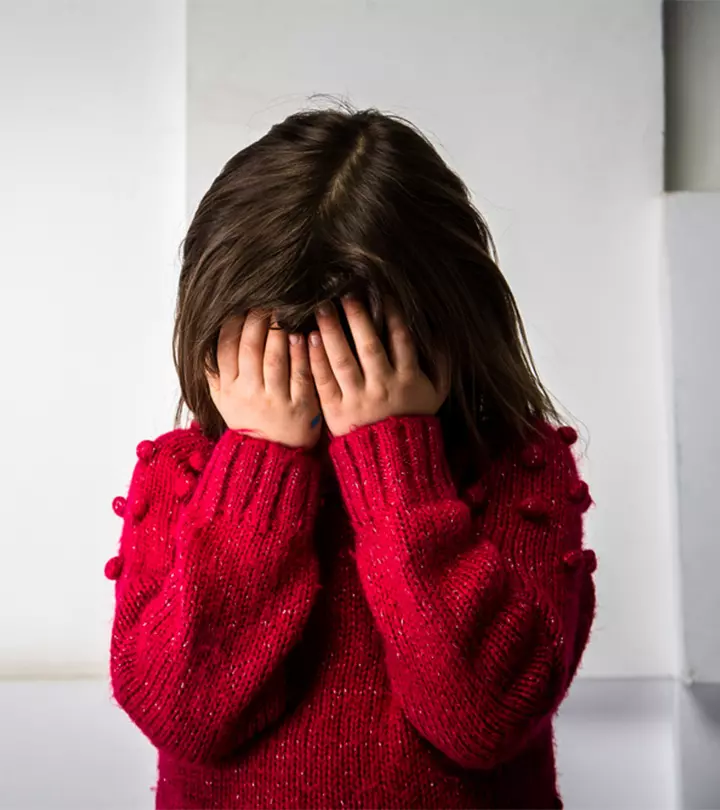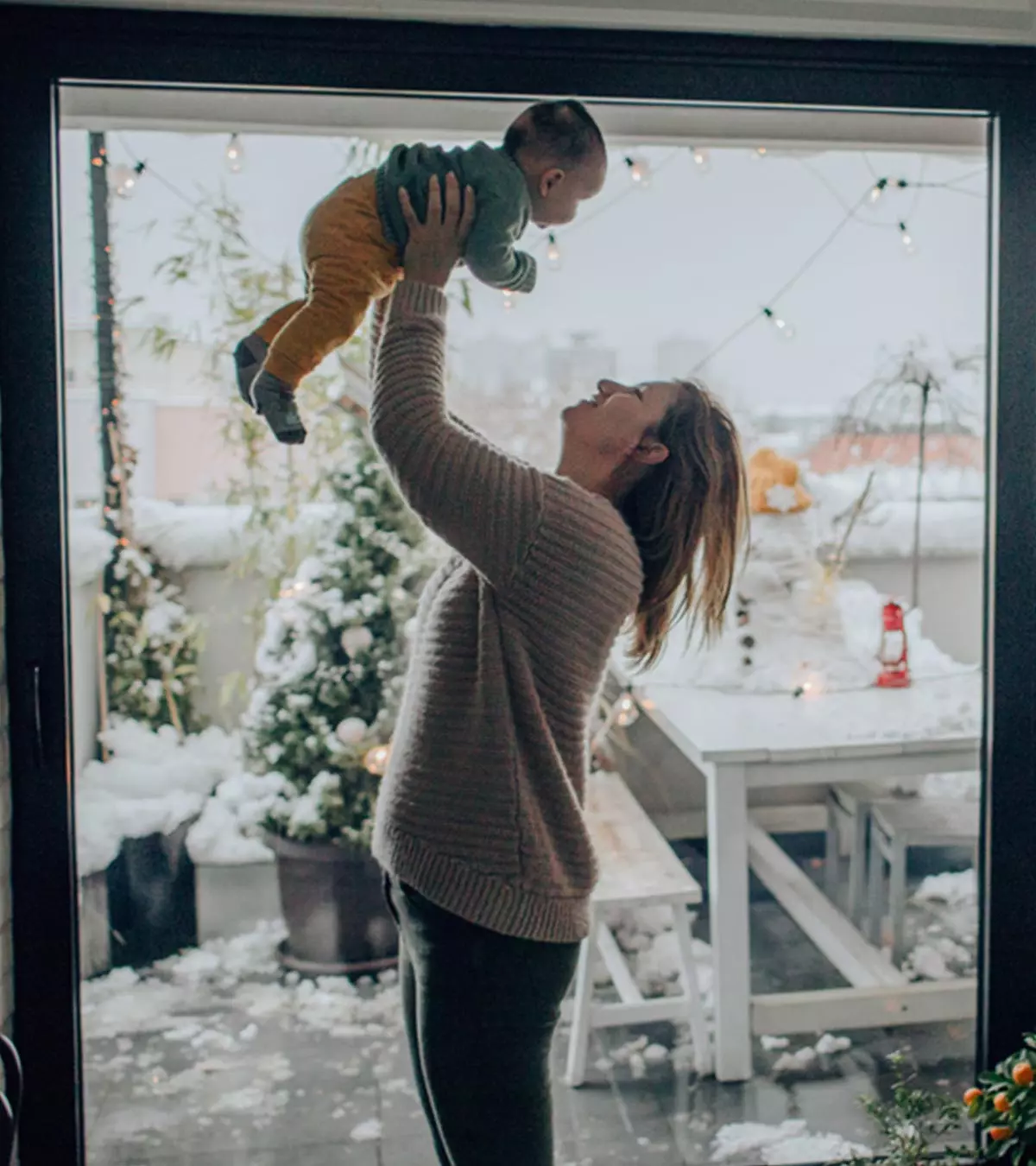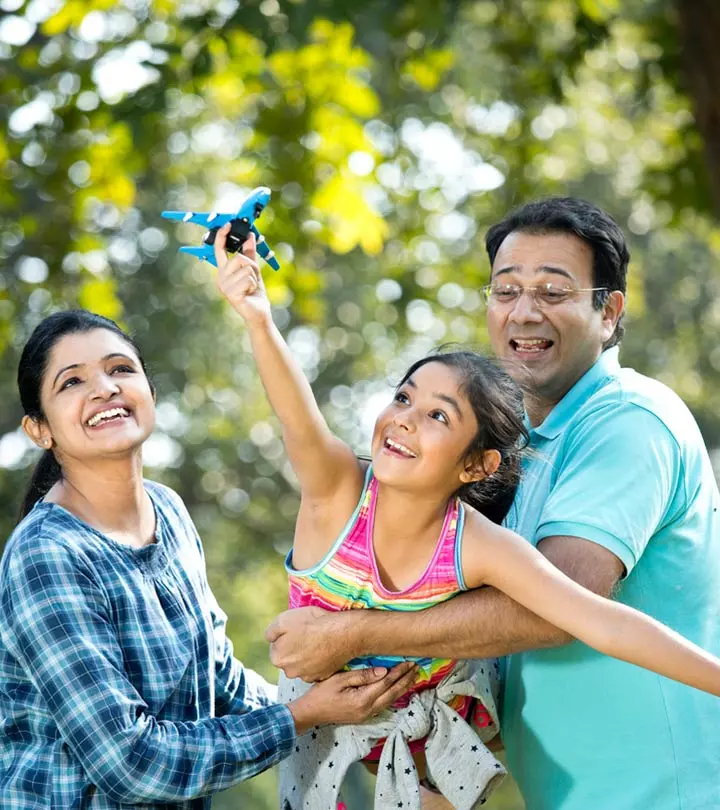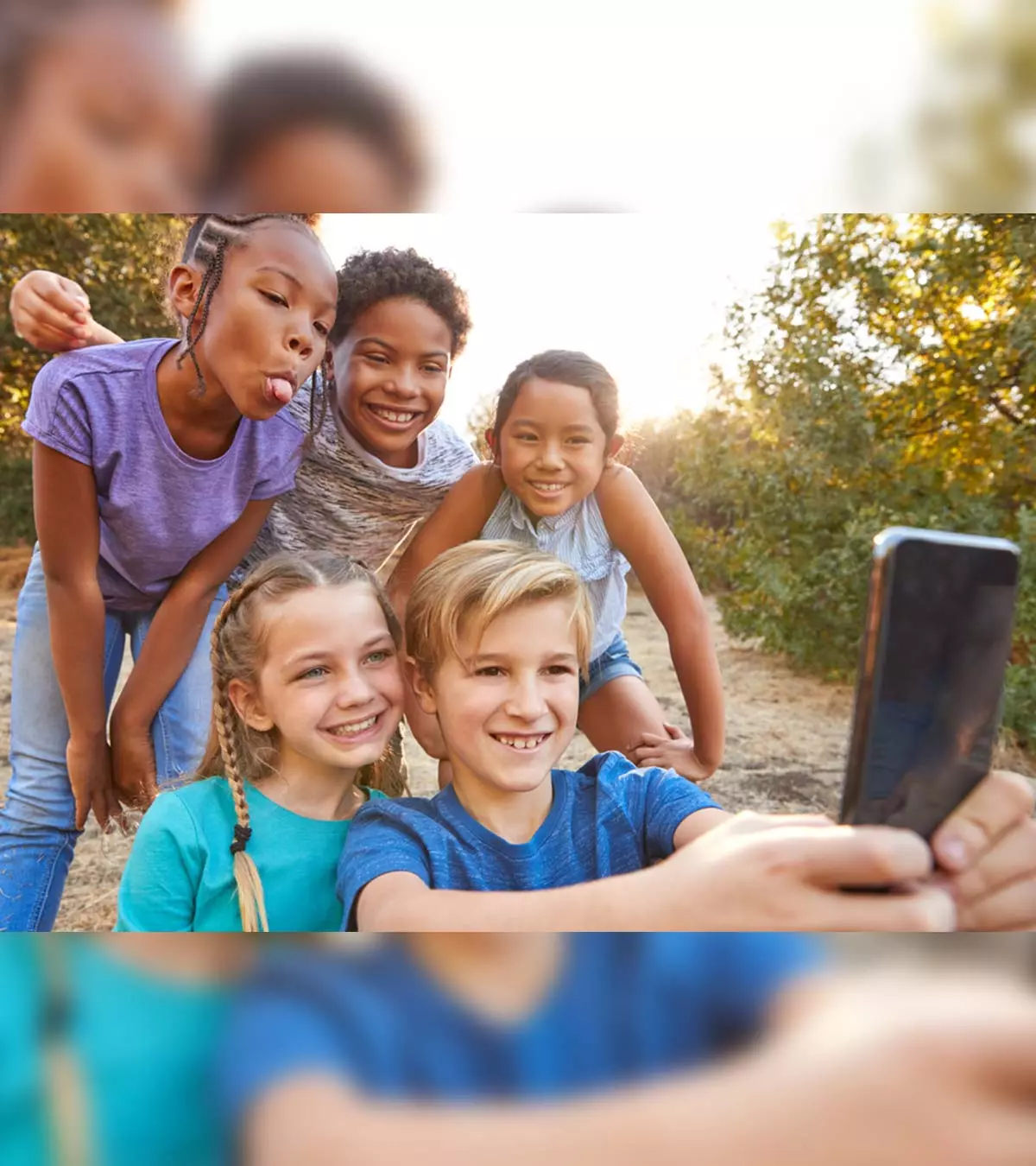
Image: Shutterstock
We live in the digital age, where social media platforms play a significant role in our lives. Millennials and the generations after them witnessed the digital transformation and the advent of the internet right before their eyes. Children these days know a whole lot about technology and spend a considerable amount of time throughout the day on social media. Interaction is now virtual, more so thanks to the pandemic.
Parents today are left wondering whether to encourage their children on these platforms or put a restriction on them. Another cause of worry is the safety and mental health of the children. Content on the internet is often not regulated and parents are right about being concerned about it. However, cutting them off from social media and internet usage is also too drastic a step. After all, you don’t want your children to lag behind when it comes to having the know-how of the latest tools of the internet. Instead, parents need to set up some protocols and guidelines to ensure that kids make the best use of the internet
If allowed to use this space correctly, your child can enjoy many benefits that social media offers, such as access to essential and relevant information, cool videos, creative DIYs, success stories, and more. Keep your worries aside and have a look at the social media protocols that you can make for your child to follow:
Get A Better Understanding Of The Platforms

Image: Shutterstock
If you’re a parent who’s worried about their children being active on social media platforms, it’s important that you understand the platform yourself. We know this is easier said than done as for many parents many of the platforms are unfamiliar. If you don’t wanna spend too much time using these platforms yourself, you can watch tutorial videos on youtube that show the safety and security features. This will help you enable the parental controls that would keep a check on your kids’ activities.
Also, keep a tab on which social media platforms your children are using. While most of us are familiar with common ones like Facebook, Twitter, and Instagram, youngsters would explore the up-and-coming ones which you might not even have heard about. One common example is the use of the app Discord, especially among those involved in online gaming. Whenever you notice your kid being engrossed in a particular app, just gently ask them what app it is. Once you have the name of the app, you can do your own research online and see for yourself if it is safe and secure for your child’s use.
Make Your Child Aware Of The Potential Risks Of Social Media Platforms

Image: Shutterstock
Instead of constantly monitoring your child’s online activities, try to make them understand the reason too. If you’re constantly curbing their screen time, they will find ways to sneak in and be active without your knowledge. Children are often only aware of the fun side of social media. What they don’t know is that social media can be a pretty scary place if misused. Have a discussion with them every now and then on how to and how not to use these platforms. Set up guidelines like not to share photos, personal information, or family details and address. If the platform has ways to befriend strangers, it’s all the more important to exercise caution. Only when you and your child work as a team the effort to keep safe usage of social media can be a success.
Set An Age Limit

Image: Shutterstock
Although technology is part and parcel of life, your child does not need social media in their early years. Most applications and social media platforms require their users to be thirteen years of age or older. If children are younger than thirteen, their accounts should be handled by their parents. You might want to wait until after your child turns thirteen for them to use these platforms.
Keep A Tab On The Privacy Settings

Image: Shutterstock
Please ensure that your child’s social media profiles are all private. This way, unknown people and strangers will not be able to interact with your child. You can also check regularly to see if there was any suspicious activity, such as a login from an unknown location. Does your child have a strong password? If not, reset immediately. Most of these platforms have inbuilt security measures, but it is always better to keep a tab on it yourself.
Limit Screen Time

Image: Shutterstock
It’s okay for your child to be involved in social media. After all, as we said, it is a part of today’s age. However, this does not mean that you allow your child to spend all their time on it. Screen time should be limited to an hour or two. Anything more than this can lead to attention problems, physical inactivity, behavioral issues, and even eye disorders (1). Encourage your child to take pleasure in outdoor activities too. Physical activity and outdoor play are important for a child’s growth and development. Find ways to get them interested in nature, animals, and wildlife.
Keep The Channels Of Communication Open
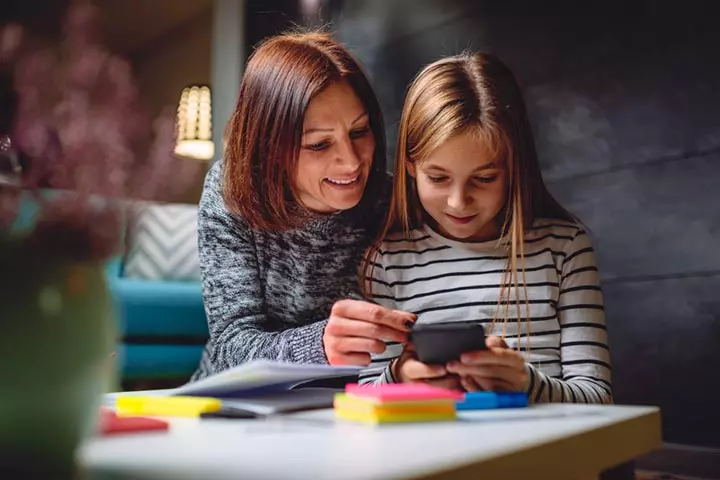
Image: Shutterstock
Be open to what your child has to share with you. When your child knows that you will listen to what they have to say without reacting negatively, they’ll be more likely to tell you if something is wrong. Saw a funny video on Instagram yourself? Show that to your child. Found a cool filter on Snapchat? Maybe ask your child to try it out as well. When you take these steps, your child will be more comfortable with you about their activities and what they come across.
When you have set some protocols and guidelines which both you and your child agree to, monitoring their online activities gets easier for you. You won’t have to constantly worry about what they might be indulging in. Learning responsibilities from a young age will prepare them for the future. The virtual world is, after all, as important today as the real world and children do need to be adept at using them. How do you manage your child’s online activities? Do share with us in the comments section.
References
- Associations between screen time and lower psychological well-being among children and adolescents: Evidence from a population-based study
https://www.ncbi.nlm.nih.gov/pmc/articles/PMC6214874/
Community Experiences
Join the conversation and become a part of our nurturing community! Share your stories, experiences, and insights to connect with fellow parents.

